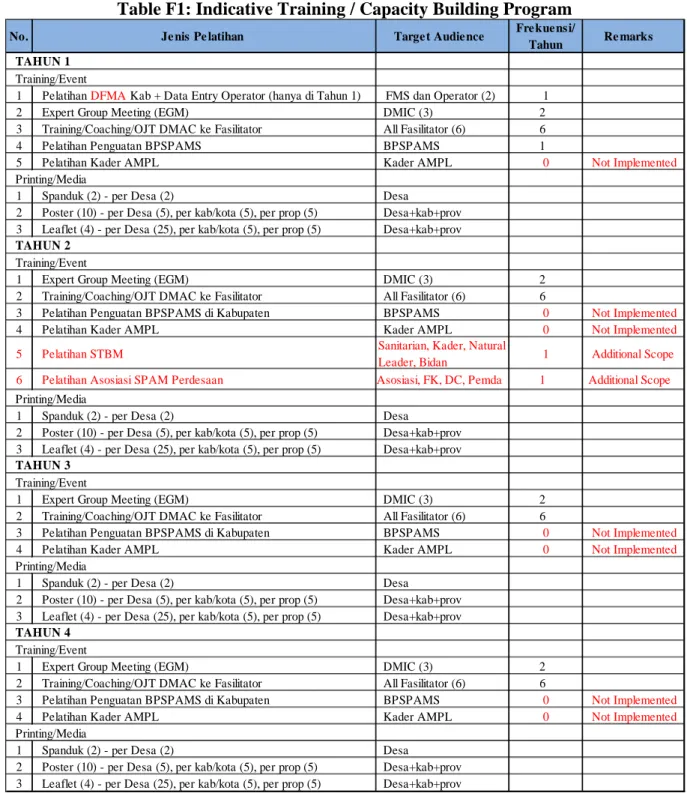AMENDMENT NO. 7 TO THE CONTRACT (Dated August 25, 2016)
Bebas
200
0
0
Teks penuh
(2)
(3)
(4)
(8)
(9)
(10)(11)
(12)
(13)
(14)
(15)
(16)
(17)
(18)
(19)
(20)
(21)
(22)
(23)
(24)
(25)
(26)
(27)
(28)
(29)
(30)
(31)
(32)
(33)
(34)
(35)
(36)
(37)
(38)
(39)
Gambar


Dokumen terkait